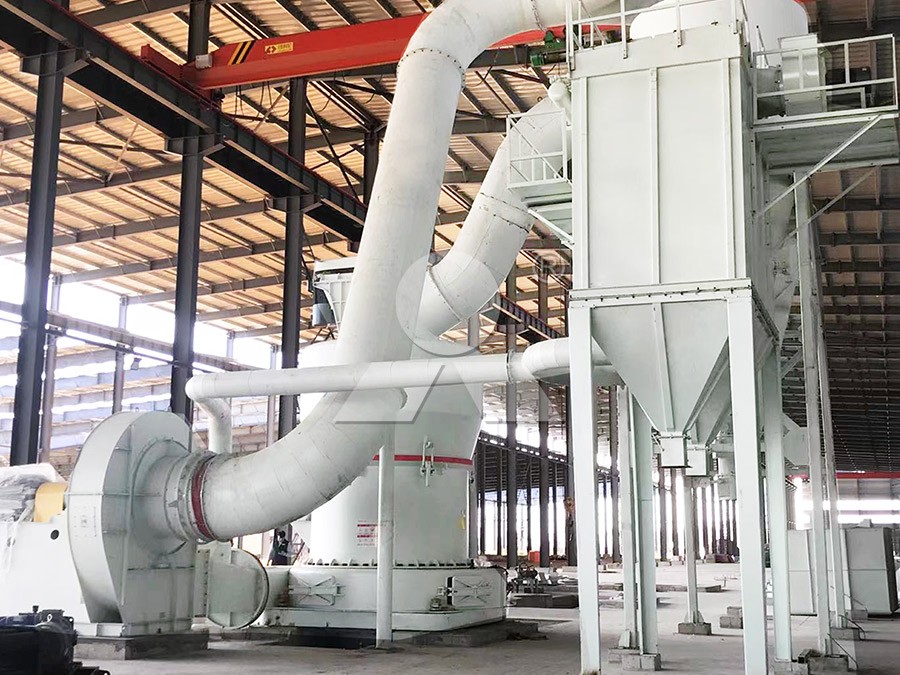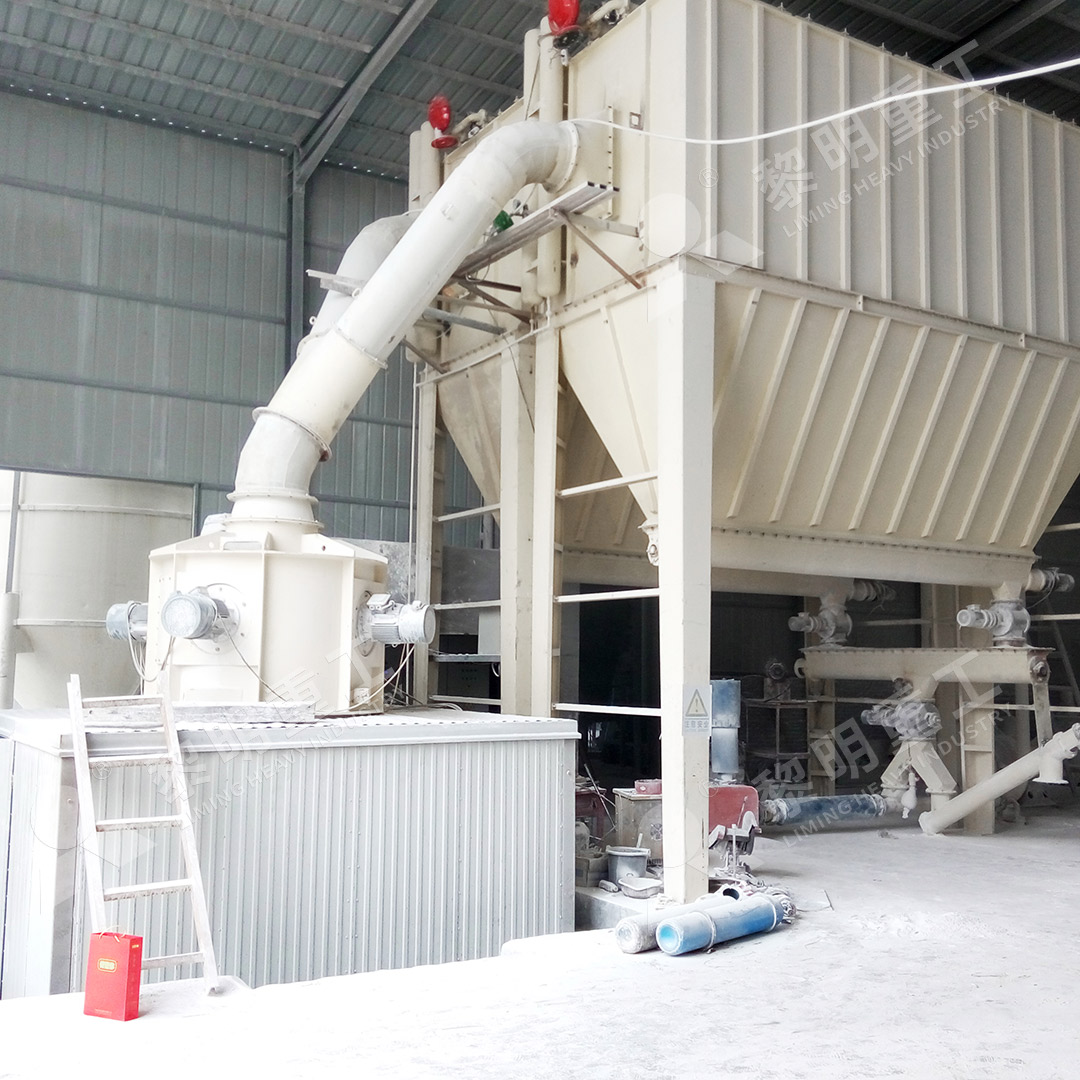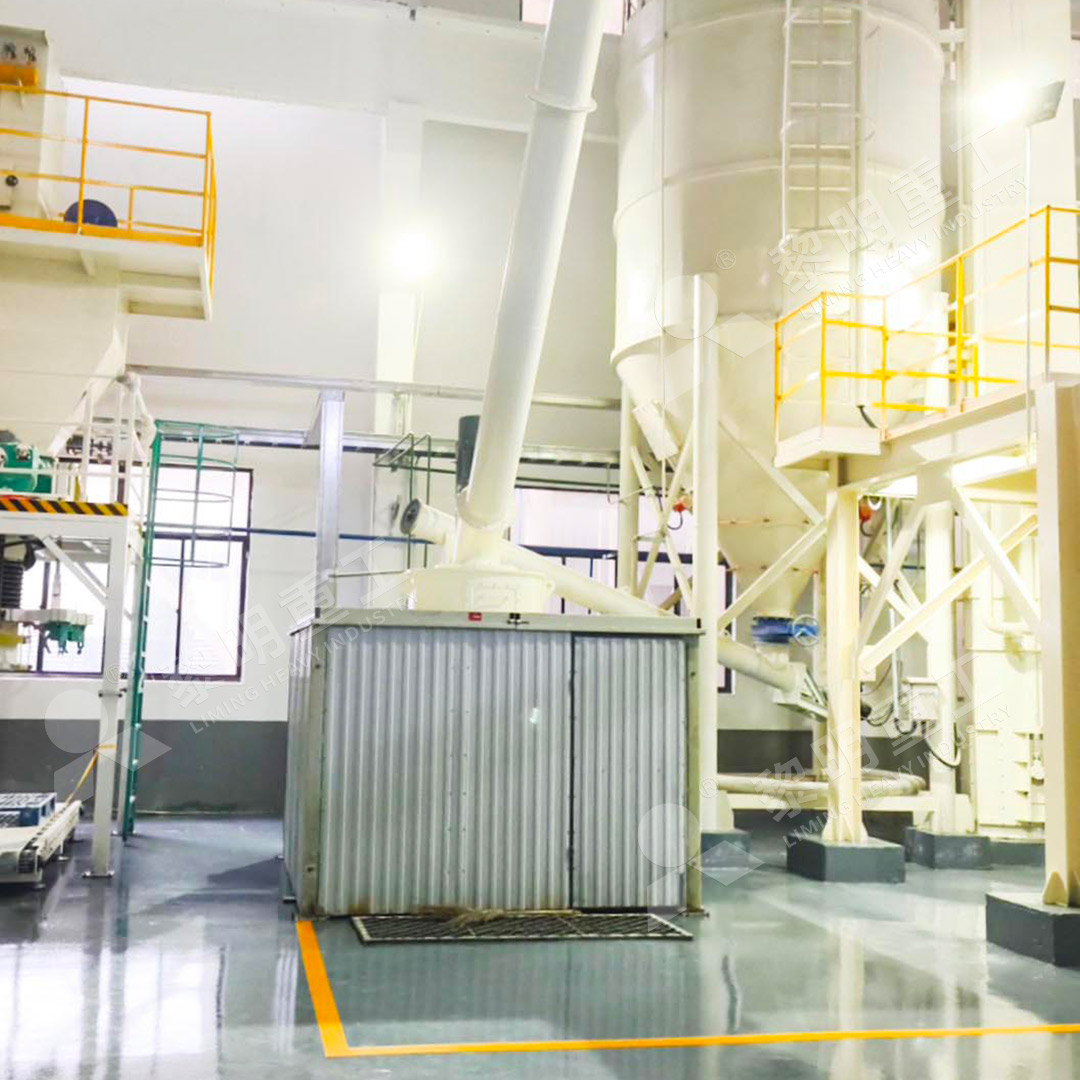Industrial Mill Machine Price List & Suppliers in Germany 2024
We provide a wide range of mills — including Raymond mill, trapezoidal mill, vertical mill, ultrafine mill, and ball mill, obtained ISO9001 international quality certification, EU CE certification, and Customs Union CU-TR certification. Suitable for processing minerals such as limestone, phosphate, quicklime, kaolin, talc, barite, bentonite, calcium carbonate, dolomite, coal, gypsum, clay, carbon black, slag, cement raw materials, cement clinker, and more.
The discharge range of these mills can be adjusted to meet specific processing needs, typically from 80-400 mesh, 600-3250 mesh, and can achieve the finest particle size of up to 6000 mesh(D50).
If you are looking for a reliable grinding solution to turn stone or minerals into fine powder, please feel free to contact our online customer service.
Industrial Mill Machine Price List & Suppliers in Germany 2024
Germany’s industrial sector, renowned for its precision engineering and manufacturing excellence, continues to be a global hub for high-quality milling machinery. As we move through 2024, the demand for efficient, reliable, and environmentally conscious grinding solutions remains strong across sectors like chemicals, construction, pharmaceuticals, and food processing. Navigating the market for the right equipment requires a clear understanding of available technologies, key suppliers, and of course, pricing structures.
Market Overview & Pricing Factors
The price of an industrial mill in Germany is influenced by several key factors. Capacity (tonnes per hour), input size, the fineness of the required output, and the abrasiveness of the material are primary determinants. Furthermore, build quality, energy consumption ratings, and the level of automation and environmental controls (like integrated dust collection) significantly impact the final cost. While specific prices fluctuate based on configuration and supplier, entry-level Raymond Mills or smaller Ball Mills might start in the range of €50,000 – €100,000. Mid-range systems like advanced Trapezium Mills or smaller Vertical Mills often fall between €150,000 – €500,000. High-capacity, fully automated ultrafine grinding systems with advanced controls can easily reach €1 million and beyond. It’s crucial to consult directly with suppliers for detailed quotations based on your specific needs.

Leading Suppliers in the German Market
The German market features a mix of renowned domestic manufacturers and strong international players with established distribution and service networks. Companies like LIMING Heavy Industry, NETZSCH, Schenck Process, and Gebr. Pfeiffer are prominent names, each offering a diverse portfolio. These suppliers compete not just on machine price, but on total cost of ownership, which includes energy efficiency, maintenance costs, spare parts availability, and after-sales technical support.
Spotlight on Advanced Grinding Technology
For operations requiring ultra-fine powders with superior efficiency, newer grinding technologies are dominating the conversation. A standout example is the MW Ultrafine Grinding Mill. This machine is expertly designed for customers focused on producing ultra-fine powder between 325-2500 meshes. With an input size of 0-20 mm and a capacity range of 0.5-25 tph, it’s versatile for various materials from limestone and calcite to talc and barite.
Its ingenius design eliminates rolling bearings and screws within the grinding chamber, virtually eradicating concerns about bearing failures or loose screws causing downtime. A key feature is the external lubricating device, allowing for lubrication without shutdown, supporting continuous 24/7 production. Furthermore, its efficient pulse dust collector and muffler system ensure operation is not only productive but also eco-friendly, keeping dust and noise pollution well below stringent German environmental standards. For businesses looking to maximize yield while minimizing energy use and environmental impact, the MW Series represents a top-tier investment.

Another Notable Solution: LUM Ultrafine Vertical Grinding Mill
Another exceptional option for fine powder processing is the LUM Ultrafine Vertical Grinding Mill. Integrating grinding, grading, and transporting, it’s a compact and efficient choice. It handles an input size of 0-10 mm with a capacity of 5-18 tph. Its claim to fame is the use of the latest Taiwanese grinding roller technology and German powder separating technology. A significant advantage is its unique reversible structure, which allows heavy grinding rollers to be easily moved out of the main body for maintenance, drastically reducing downtime and associated costs. This design thinking, focused on ease of service, is a critical consideration for any operation valuing long-term reliability.
Conclusion & Procurement Advice
Choosing the right industrial mill in Germany in 2024 is a strategic decision. Beyond comparing initial price lists, engage with suppliers who demonstrate a deep understanding of your material science and production goals. Request detailed performance data, ask for client references, and ensure their service and parts support network is robust within Germany and the EU. Investing in a mill with higher energy efficiency and lower maintenance needs, like the MW or LUM models highlighted, often leads to a lower total cost of ownership and a quicker return on investment, despite a potentially higher initial outlay.

Remember, the best supplier will act as a partner, helping you optimize your process for years to come.
